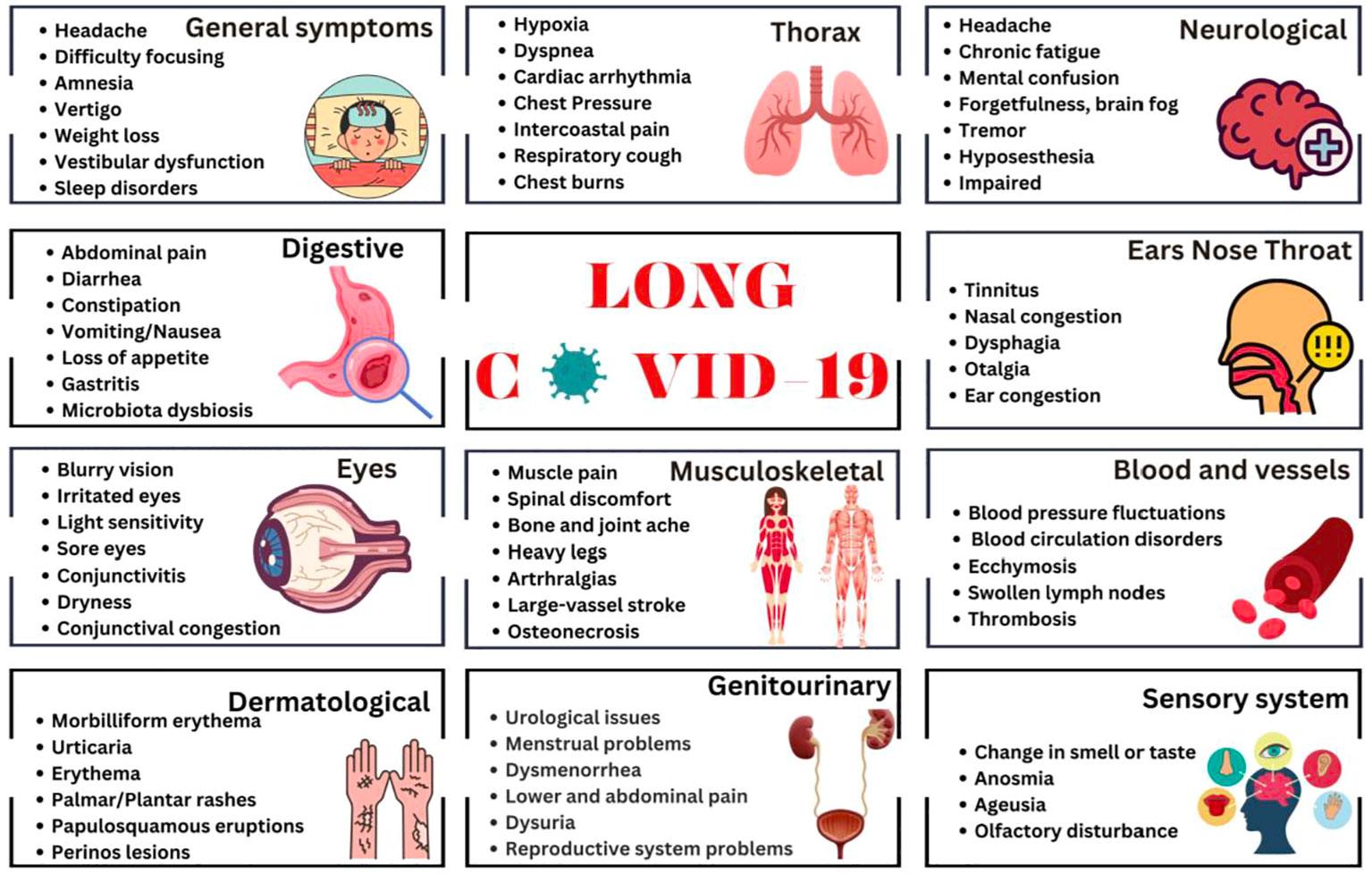Emerging New COVID Symptoms: What You Need to Know

Introduction
The COVID-19 pandemic has undergone numerous transformations since its onset, with emerging variants prompting updates to the understanding of its symptoms. As public health experts refine guidelines and recommendations, awareness of new symptoms is crucial for early detection and effective management of the disease.
Newly Identified Symptoms
Recent research from the UK Health Security Agency (UKHSA) has uncovered several new symptoms associated with current strains of COVID-19. While cough, fever, and loss of taste or smell remain well-known indicators, experts now cite additional symptoms such as fatigue, headache, sore throat, and runny nose. These have been increasingly reported among individuals diagnosed with the Omicron variant, which has dominated recent case numbers.
Changes in Symptoms by Variant
As the virus evolves, so do its manifestations. Studies suggest that variants such as Omicron exhibit a different symptom profile compared to earlier strains. According to a survey conducted by ZOE COVID Study, users identified symptoms like persistent tiredness and sneezing as significant indicators of infection, differing markedly from traditional symptoms. This shift necessitates keeping the public informed about possible changes in their health.
Importance of Awareness
Awareness of new COVID symptoms can play a critical role in managing the spread of the virus. The emphasis on monitoring one’s health can lead to earlier diagnosis and isolation, ultimately minimising community transmission. Health officials are urging the public to stay vigilant for less recognisable signs, particularly as winter approaches, when respiratory viruses are prevalent.
Conclusion
As the landscape of COVID-19 continues to evolve, so too does the necessity for accurate and timely information regarding its symptoms. Understanding the latest developments not only assists individuals in recognising potential illness but also reinforces public health efforts in controlling the virus. Moving forward, continued research and public vigilance will be essential in navigating the ongoing challenges posed by COVID-19 and its symptoms.
